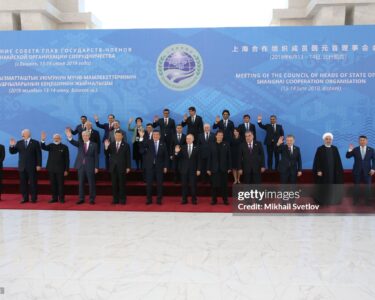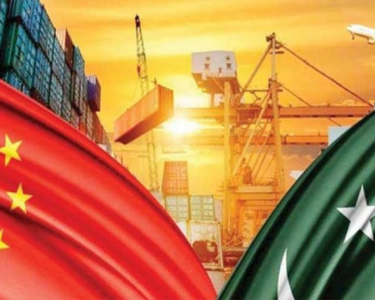In today’s interconnected world, global politics is increasingly influenced by hidden networks operating beyond public view. These shadow networks, comprised of informal alliances, clandestine relationships and covert operations, significantly shape international policy decisions without the public’s knowledge or scrutiny. Unraveling these complexities reveals structures linking diverse actors such as political elites, corporate interests, lobbyists, think tanks, advocacy groups, and sometimes even criminal elements whose interests intersect with political and economic agendas.
These influential networks typically arise from shared interests uniting otherwise separate entities. Common goals, reciprocal exchanges of favors or resources and robust social ties facilitate their formation. These alliances enable members to quietly influence global decisions to their advantage.
One significant method used by shadow networks is the manipulation and control of information. Decision-makers often receive selectively disclosed or biased information, guiding outcomes in preferred directions. The strategic manipulation of media narratives further shapes public perception, subtly aligning public opinion with network objectives. Financial leverage is equally crucial, where political donations and campaign funding provide privileged access to influential policymakers. Economic incentives including investment opportunities and trade deals, amplify their influence on policymaking.
Regulatory capture is yet another tool employed by shadow networks, characterized by personnel frequently transitioning between industry roles and regulatory bodies, a practice known as the “revolving door.” By directly involving themselves in drafting legislation or regulations, shadow networks embed their interests into formal governance structures.
The impacts of these covert activities are profound. Policy decisions manipulated behind closed doors often prioritize special interests over public welfare, leading to far-reaching economic and social consequences. These hidden alliances can reshape global markets, distort trade relations, and destabilize entire economies. Geopolitically, secretive collaborations can shift power dynamics, escalate conflicts and undermine diplomatic efforts, exacerbating tensions in fragile regions.
Events such as the Panama Papers scandal vividly illustrate shadow network operations, revealing an extensive global system of offshore tax havens utilized by influential individuals to conceal wealth and evade taxes. Similarly, corporate lobbying within institutions like the European Union highlights disproportionate influence over policymaking through informal and strategic relationships, circumventing democratic accountability.
Despite significant obstacles in mapping these networks due to their deliberate secrecy, researchers and investigative journalists employ innovative methodologies such as network analysis, data visualization and open-source intelligence (OSINT) to gather critical information. Collaborative international investigations further enhance transparency, pooling resources to expose these hidden structures.
Addressing the influence of shadow networks demands comprehensive policy interventions aimed at enhancing transparency through stricter disclosure requirements for lobbying and financial activities. Strengthening oversight institutions with the power and resources to investigate and sanction illicit influence operations is essential. International collaboration is also vital, ensuring coordinated efforts to expose and dismantle these transnational networks.
Ultimately, shadow networks pose significant threats to transparent governance and democratic integrity. Illuminating these covert structures is essential for preserving equitable political systems and safeguarding public interests against hidden private agendas.




